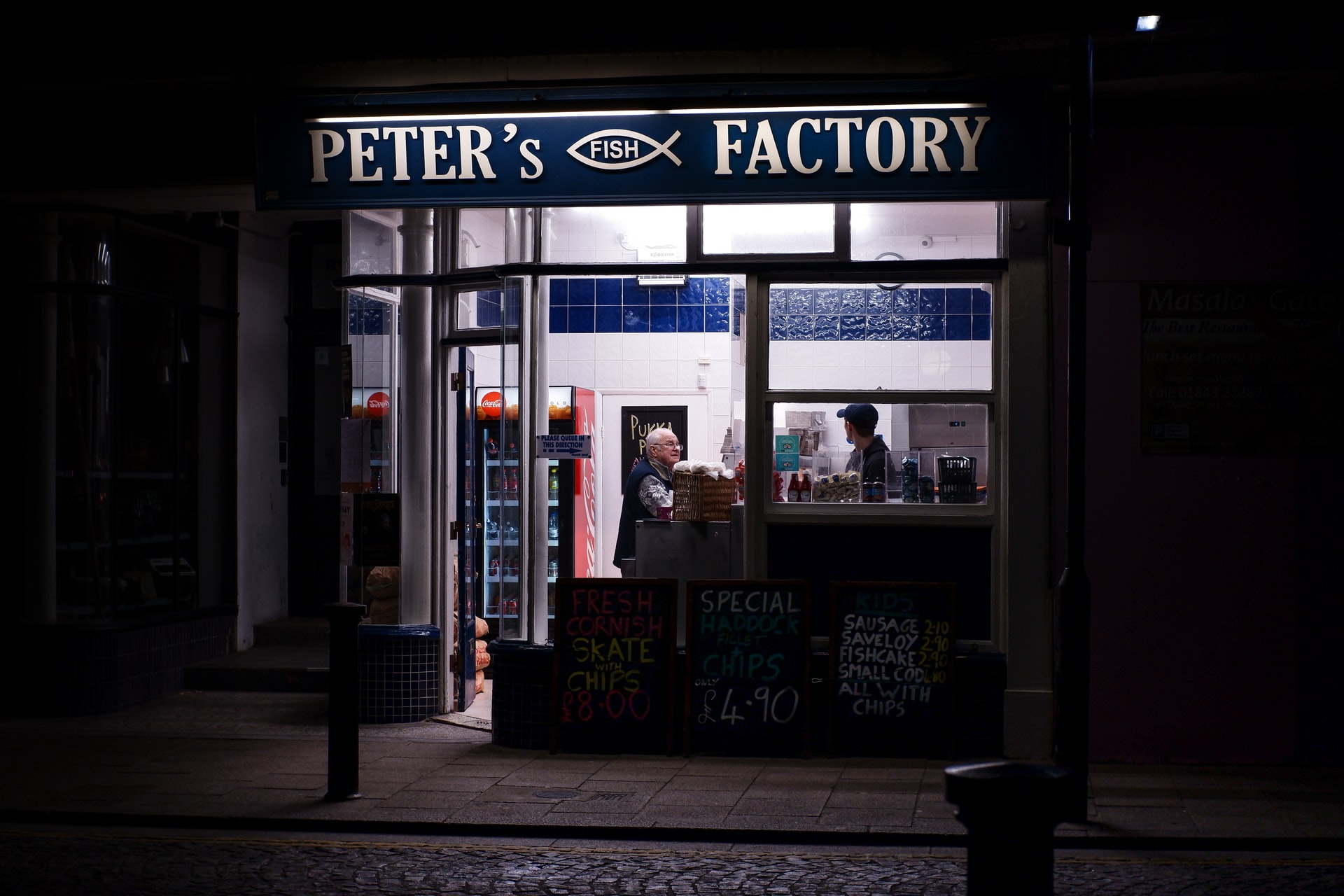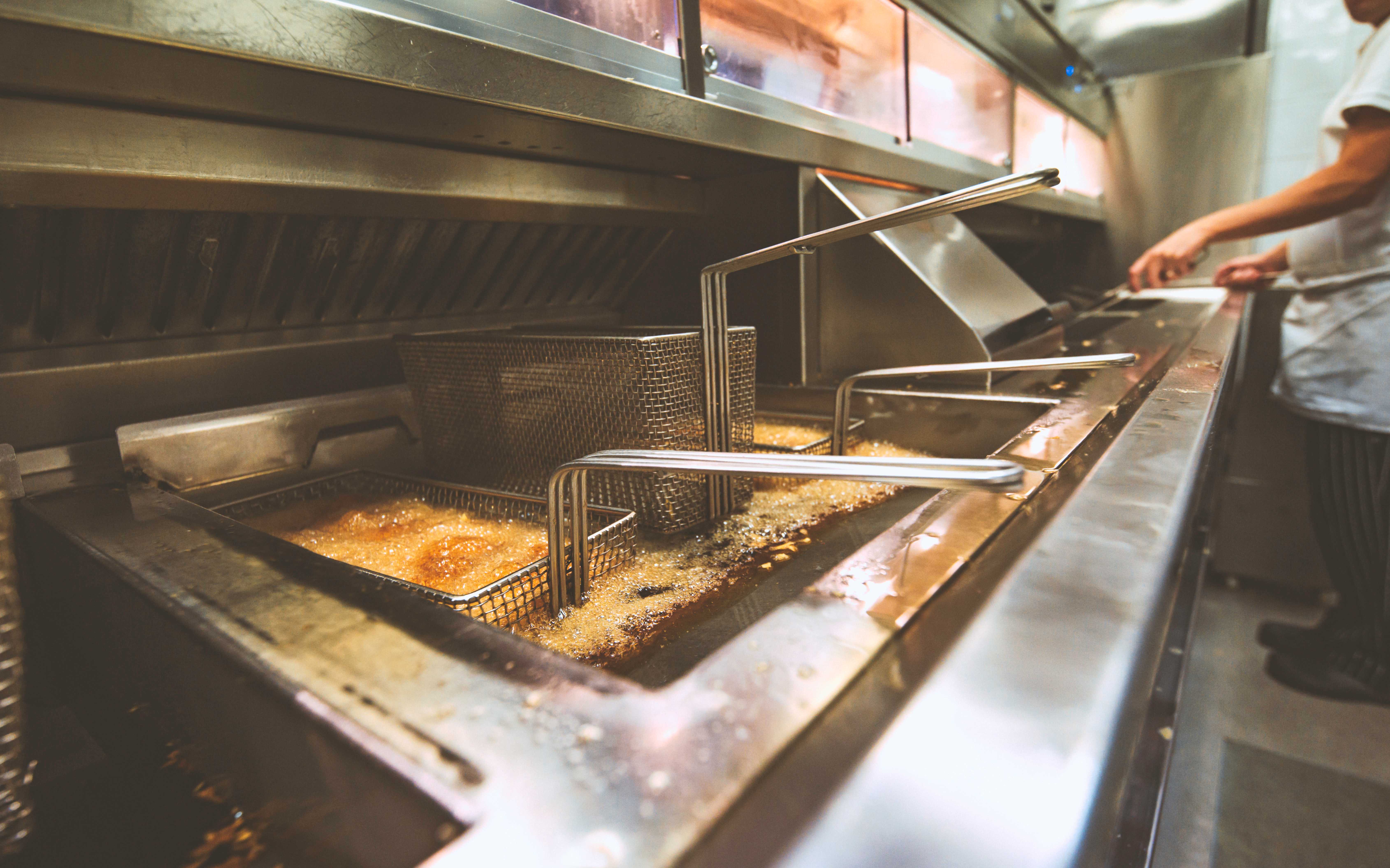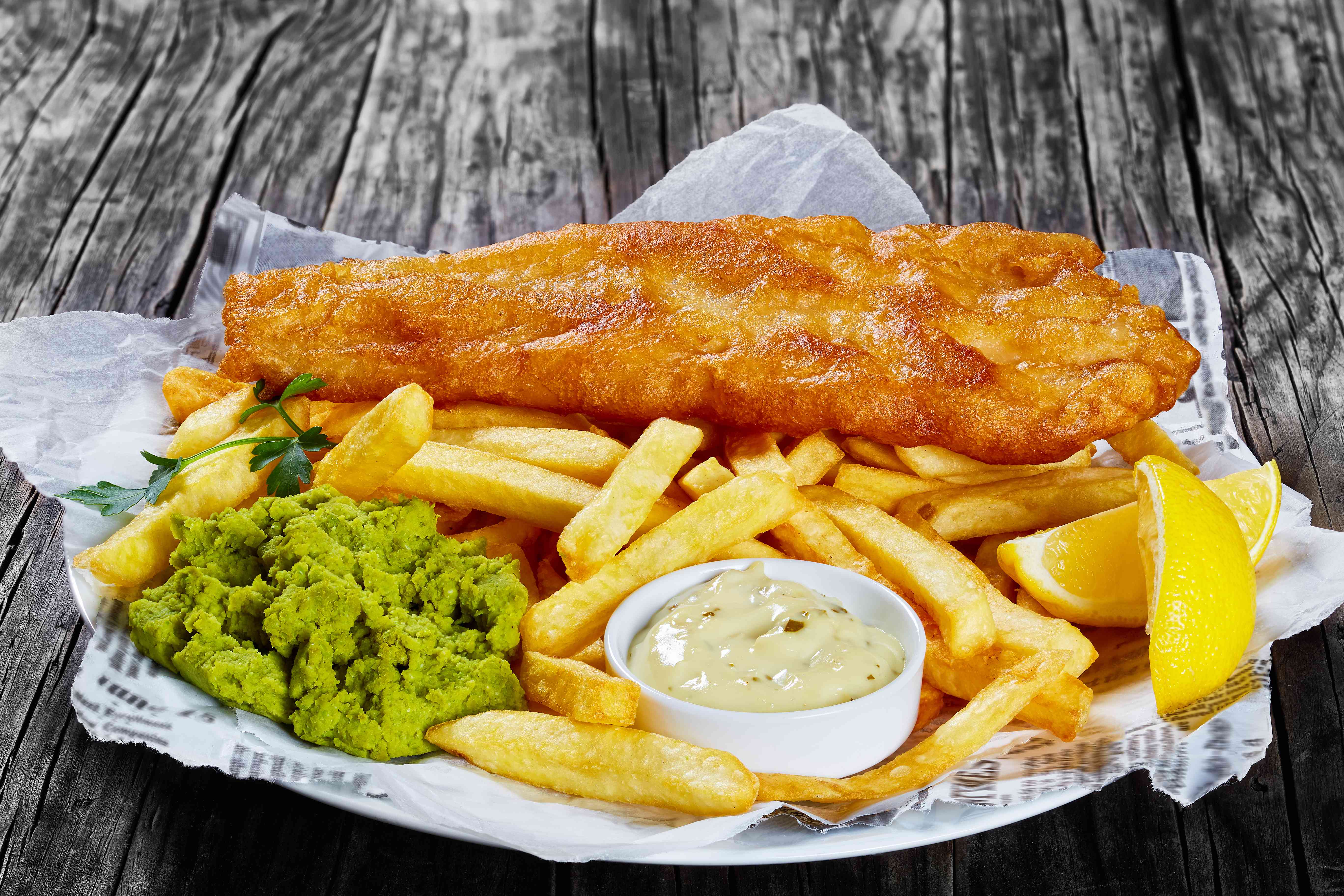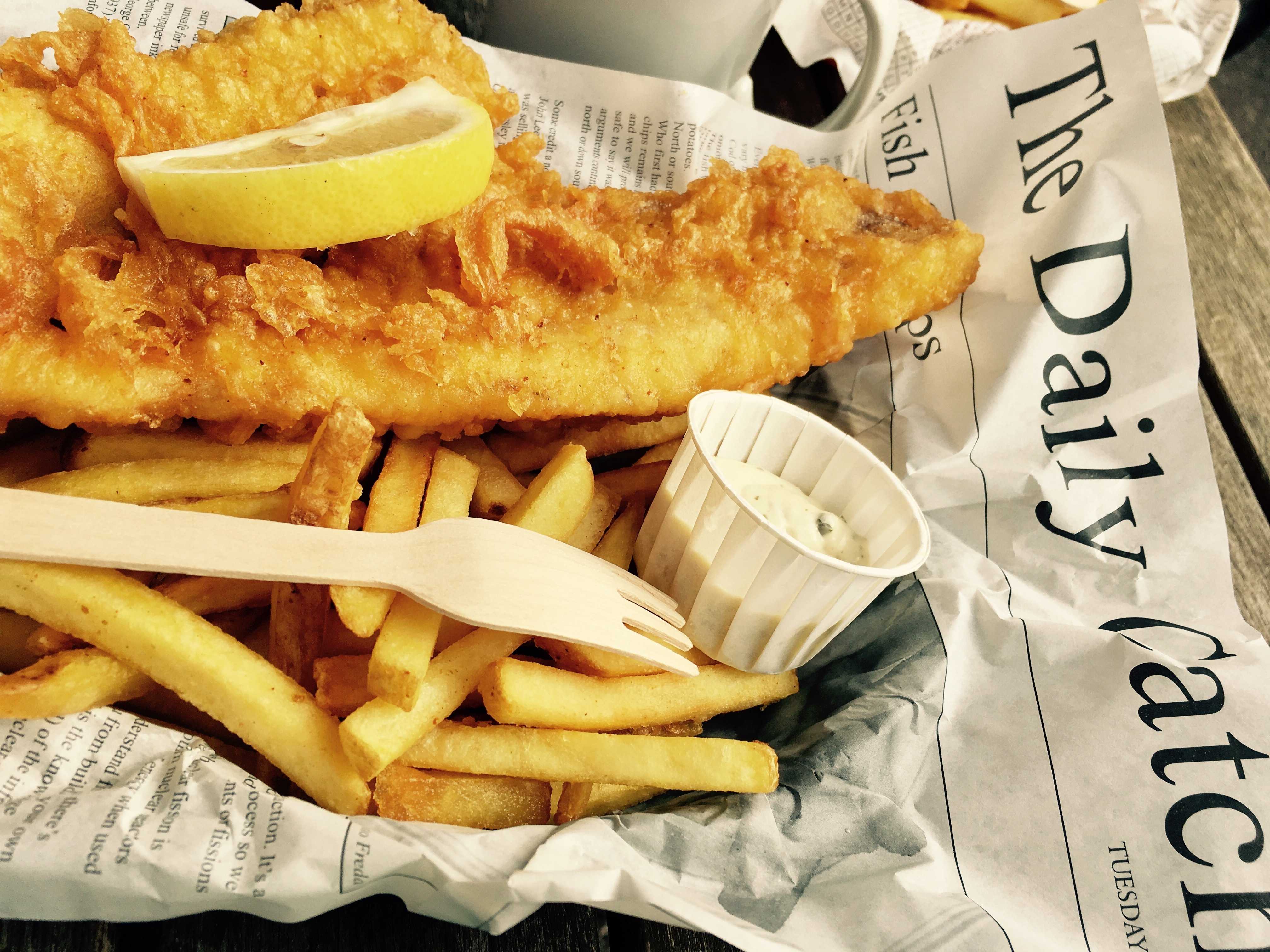Why go sustainable?
With a seafood industry contributing £1.4 billion to the UK’s economy each year, creating a sustainable business has become paramount across the country for fish and chip shop owners to reduce their impact in the environment and to course fresh produce. This adaptation has become more important since the economy crashed and environmental concerns of the public have become more prominent due to COVID-19.
In the last decade the ocean has been at the focal point of pollution, global warming and mass-fishing, so the choice to source produce that prevents further damage is at the forefront of any switched-on food business owner’s mind. This includes the way fast food outlets are running their shops as they cater to the growing concerns of the population who want to know where their fish is sourced and how it is caught.
Setting the sustainable standards
The Marine Stewardship Council (MSC) is an independent non-profit organisation setting the standards for sustainable fishing, supporting chip shops and restaurants across the country by rewarding sustainable fishing practices so they can maintain the industry and continue feeding the nation long into the future. Their blue label certification has been awarded to over 100 fish and chip shops across the UK and Ireland meaning their produce is sourced from wild-catch fisheries independently certified by the MSC.
The importance of sustainable oil
The oil used for frying the nation’s staple beer battered fish is also a major concern of the fast food industry. Providing sustainable palm oil for fish and chip shops is the main role of Frymax, and we pride ourselves on sourcing the highest quality oil. We ensure that our palm oil production and trade contributes to the economic growth within Latin American countries to reduce the impact on the environment and idiginous wildlife, whilst helping to alleviate poverty. This makes it easier than ever for Chippy’s in the UK to use 100% sustainable oil for their deep fryers.
With the average UK Chippy changing their frying oil once a week, storing and disposing of oil is an important factor in reducing the impact on the environment and creating a sustainable fast food business.
Reuse and regain
Using high quality sustainable oils is the most effective way businesses are reducing their oil waste. Palm oils like FRYMAX’s are long lasting and fully refined, so they can be stored numerous times and used again and again before being disposed of. This has directly reduced the amount of oil that has been thrown down the drains in the past causing the infamous ‘fatbergs’ that blocked the underground sewage systems of London.
Numerous businesses in the UK have been working with Frymax’s products for the last 60 years, consumers can eat the most mouth watering battered fried fish, free from any concern they are contributing to environmental damage.
Eventually though, the oil needs to be disposed of correctly. Many shops now use waste oil collection companies who specialise in transporting the oils to licensed waste management sites who recycle the oil into bio-fuel.






